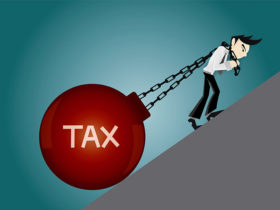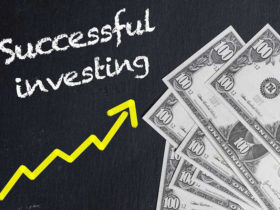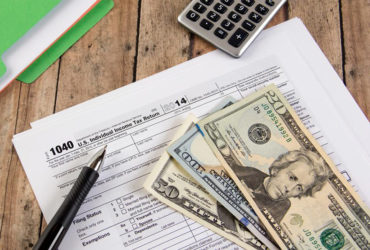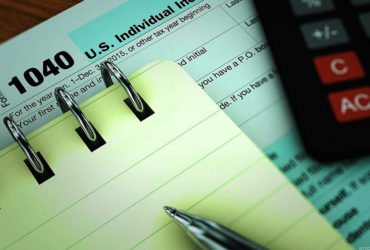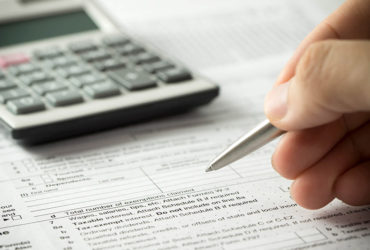Changes to the way property investments are taxed are on the way. These changes may have a positive spin-off for people looking to buy their first home.
Property is currently a very tax-effective investment compared to shares and deposits. Investors in shares pay tax on their dividends and those with deposits and bonds pay tax on the interest they receive. Property owners though can reduce their tax with depreciation credits, to the point where the government actually ends up paying a refund of $500 million to the owners of the $200 billion invested in property.
Perhaps this generous tax treatment is a contributing factor to our love affair with housing as an investment. We recently compared the assets held by New Zealand households to those in a sample of other developed countries. This analysis showed that we have far and away the highest weighting to property with 75% of our household assets invested in housing.
At the other end of the scale, the figures we gathered show that New Zealanders have the smallest allocation to shares of all the countries in our sample. We invest just 2% of our savings in direct equities, far less than countries like Australia where households have 8% of their money invested in shares, and the United States where shares represent 21% of household assets.
It is this heavy reliance on property and lack of diversification into other assets like shares that the government is probably trying to change with its new tax rules.
There is no question that the changes will push down property values. The share prices of the listed property trusts – property funds that own portfolios of commercial property that are listed on the stock market – fell by around 5% when the changes were first mooted by the Tax Working Group.
All this is good news for people looking to buy their first home. House prices may soften from current levels in the wake of any tax changes, thus making them more affordable.
Over recent years houses had become very expensive relative to incomes. Historically, average house prices have usually traded at around three times the average household income. By 2007 this ratio had hit six times, making houses unaffordable for many people.
The tax changes may not be the only thing weighing on house prices this year. The fact that houses look expensive compared to incomes may also mean prices might drift lower from where they are today. All of this means that 2010 may be a good time for first home buyers to start considering looking for a house.
While there is a lot of talk about how over-invested New Zealanders are in property – and I have added to it here – owning your own home is a sensible investment decision, in our view.The main point of the whole discussion about property and investing is not that property is a bad investment, but that New Zealanders are over-exposed to it, and their savings are not diversified enough into other investments.
Not only does owning a home give you somewhere to live, it gets your cash invested in a ‘real’ asset. Property and shares are what we call ‘real’ assets because, unlike fixed income investments like term deposits, they offer the potential for capital growth over time. It is this growth that provides protection against inflation over the long term.
Perhaps we would do well to emulate what people in countries like Denmark, Switzerland, Canada and many others do with their investments. By the time they retire, families in these countries typically own their home freehold, thus removing the burden of rent from the weekly budget. They also have a diversified portfolio of shares, fixed income and perhaps some property, all of which generates an income they use to supplement their superannuation.
Buying a home is a good first step towards achieving this outcome.


